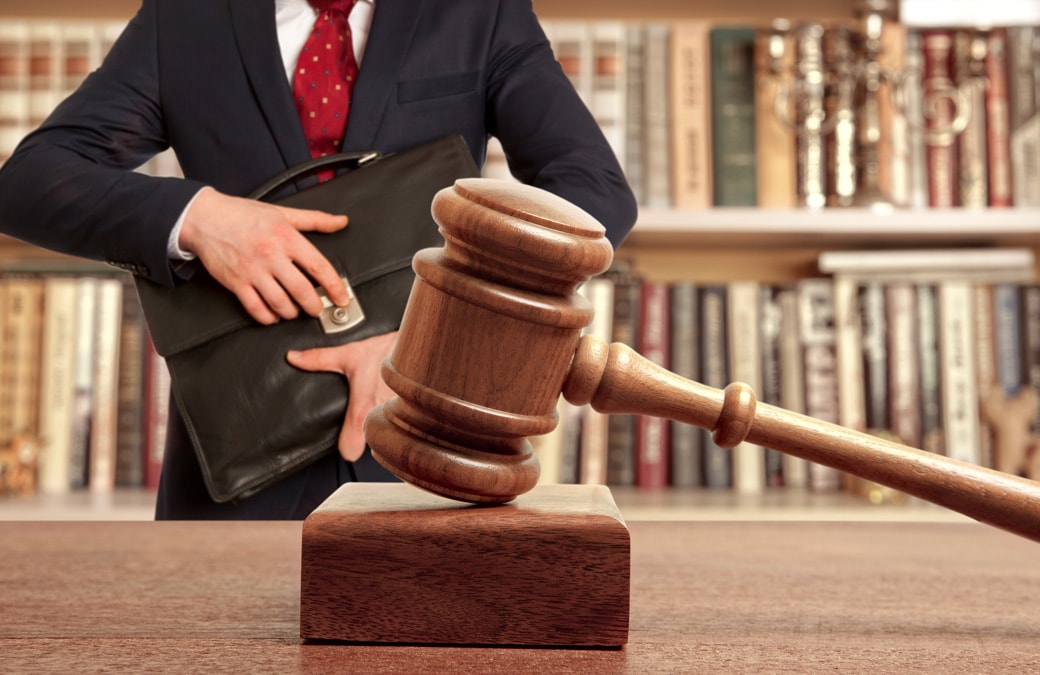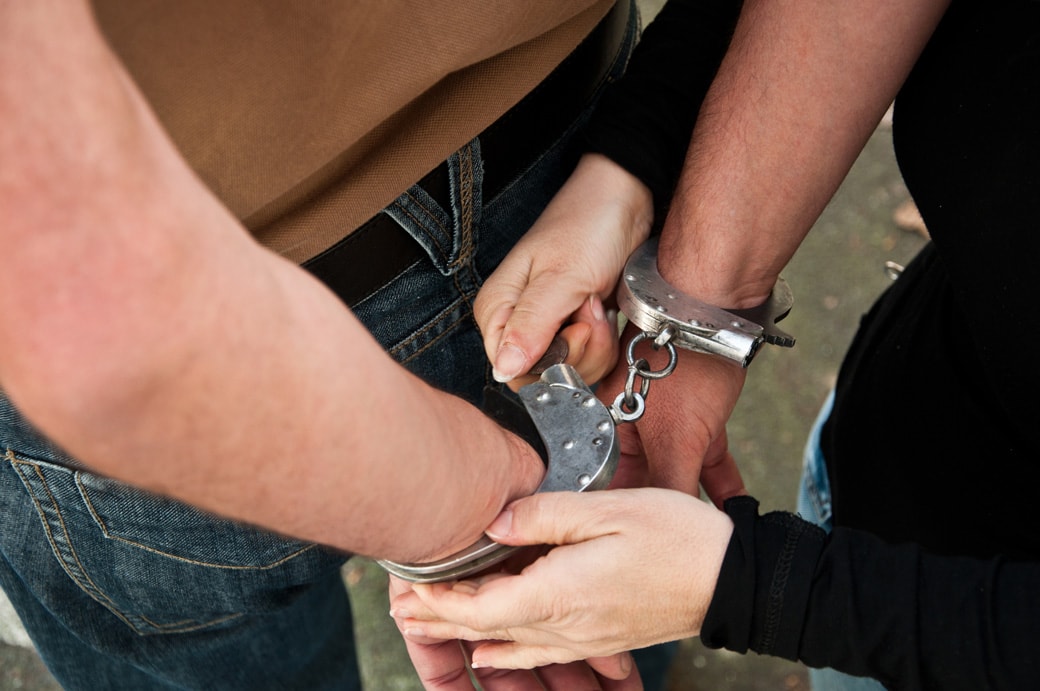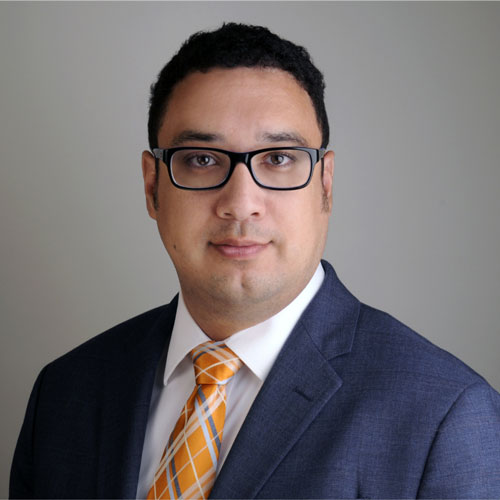Do All Police Cars Have Dash Cams?
Lately, I have been frequently asked by clients if they can see the video footage from the dash-mounted cameras (aka dash-cams or dashboard cameras) in police cars.
Many of my clients are surprised to learn that in the vast majority of cases I see, there is no dash-cam.
In a recent case from the Ontario Court of Justice, the Honourable Justice Harris had this to say:
A FURTHER COMMENT
This is yet another case where an audio-video recording of events by means of a dash-cam and / or a body camera could have shortened or even eliminated the trial proceedings. The points in issue here included the length of time that Mr. Hamel drove along the shoulder of the highway before bringing his vehicle to a complete stop. A recording of these events by means of a dash-cam in the police car would likely have provided a clear answer to that question. Other points in issue were what was said to and by Mr. Hamel and when these things were said. An audio-video recording of these events by means of a body camera worn by Constable Morris might well have resolved those issues. Instead, we spent a full day hearing evidence and submissions and I spent many hours preparing these reasons for judgment.
I will point out that more than 30 per cent of the trials held in Halton Region in 2017 involved drinking / driving cases. The above comments are equally applicable to many of them. Some of these cases however took two or three days to complete in court rather than just one. It strikes me that it would be a much better allocation of resources to place cameras in police cars and on police officers thereby freeing up much of this court time and allowing us to hear cases in a more timely manner.
I personally wish to echo these comments. In this day and age, it is incomprehensible that police cars / officers are not equipped with onboard cameras.
The Argument Against Cameras
There are many arguments raised as to why police cars shouldn’t have cameras. Often cost is cited. But as Justice Harris commented above, hours of resources (court time, judge’s time, prosecutor’s time, etc.) are spent on cases where many arguments could be resolved if there was clear audio/video evidence.
But, surprisingly, one of the largest voices I have found speaking against cameras have been other defence lawyers.
To be clear, many – if not most – criminal defense lawyers share my view that cameras would be a good thing. But I have frequently heard lawyers say that it will just be more (and clearer) evidence that will make our clients look worse: more belligerent, drunker, more unreasonable, etc.
This argument, in my view, holds no weight. Rarely do I ever see a police report that “goes easy” on my clients. If my client is behaving like a jerk, there is no doubt that the officer will testify to what a jerk he/she was. And, in most instances, judges believe this (often uncontested) testimony of police officers. So, if my client is going to look bad, generally speaking, he’s not going to look much worse on video than he will based on the officer’s description.
Yes, it is true that there are times where the prosecution’s case is improved by having video evidence. But from my experience this happens rarely. And for every time the prosecution’s case improved a little, I’d bet (from my experience) that there are 10 cases where the prosecutor’s case is harmed a lot.
Police Dash-Cams in Ontario and Quebec
Before discussing my experience with dash-cam cases, I wanted to reiterate that most police forces do not currently use this technology. I have yet to see a case in Quebec where the police cars were equipped with a camera. One of my early cases involving the OPP back in 2007 (Ottawa) had dash camera footage but this was phased out shortly after that. I have had a handful of cases in Toronto or the GTA where I had access to such video. More recently though, the only jurisdiction where I have consistently received it is with the RCMP. The RCMP patrols certain roads in Ottawa which are designated as “national capital” roadways. In almost all of my recent RCMP cases there has been video.
How does it work?
Every police force’s system is different. With the RCMP in Ottawa there is a front facing camera that shows everything going on in front of the police cruiser. In most cases there is also a second camera pointed on the back seat (the caged in area) of the cruiser where the detainee sits. The police officers have a microphone on their body and there is an on-off switch on the microphone. Essentially, the video is constantly recording but constantly deleting itself after 30 seconds. When the officer turns the recording equipment on, the video is preserved from 30-seconds back and onward. The audio starts recording when the button is pressed.
How Does This Benefit the Defence
Earlier, I made the argument that any infrequent downside is outweighed by a more frequent upside (and one of a greater magnitude). Here are just some recent examples of how dash-cam footage has brought about a good result for a client of my Law Office:
- In an impaired driving case, the police officer typically describes indicators (indicia) of impairment. These are things which on their own might be insignificant but which are often displayed by people who are under the influence of alcohol. Show enough of these, to enough of a degree, and you can prove impairment (or at least support a “reasonable belief” of impairment. I have had numerous cases where the indicia of impairment were either not present or found to have been grossly exaggerated by the officer. This applies to any evidence on video. A picture is worth 1000 words and video is probably worth a million.
- Words matter. Often times what a police officer says matters. Often times what an accused person says matters. For example, when a police officer arrests a person, they inform them of their right to counsel.
The officer is then required to ask if the person understands. The officer is then required to ask “do you wish to speak to a lawyer?” A recent case has made clear that this question is important. For instance, asking a person “do you have a lawyer in mind” is not the right question. Similarly, I had a recent case where the officer asked “do you have a lawyer?” A person may not have a lawyer (and thus answer “no”) but may wish to speak to a lawyer. A person may similarly not have a lawyer in mind, but may know the number of a family member who does. Without audio (and video to capture things like body language) to capture these communications a police officer may unintentionally (or intentionally) put in his/her report that he asked the proper question. Similarly, when an officer testifies that an accused person confirmed they understood their rights this can be challenged. But how do you challenge this when the officer has a notebook entry that he claims to have written at the time that says that my client answered “yes.” Video may show body language suggesting confusion, and the audio may reveal that the accused did not answer “yes” but rather said “yeah…I think so. Wait, can I call one now?”
- Police officers often don’t remember (or remember incorrectly) certain details. One example which comes to mind is regarding officer safety. There are certain things that police officers must do right away in an investigation. When faced with an unexplained delay of 10 minutes an officer may say that he was searching the accused for reasons of officer safety. I frequently cross-examine officers over this and often see them forget how long it took to search or suggest it took much longer than it did in order to justify an otherwise inexcusable delay. Having video allows this to be clearly disputed. Also, again, the body language of the accused and the physical size of the accused compared to the officer (and other details like clothing worn by the accused) might suggest strongly that there was no legitimate safety concern and the search did not need to take place at that moment.
- The Ottawa Police are notorious for turning off the audio recording at the police station. The rationale for doing so has to do with not wanting to risk hearing the accused’s phone call with his lawyer. But this is a phony argument since the booth is (and should be) soundproof to prevent officers from hearing the conversation. The problem with the audio being shut off is that often the accused person will say something just before or just after the call to a lawyer which is relevant to the case. Sometimes a police officer will ad lib, or paraphrase certain rights or say other inappropriate things. In a recent case where the RCMP officer took my client to the Ottawa Police Station for breath testing (since there was no RCMP breathalyser available at that time) the audio was turned off, however the RCMP officer’s microphone continued to record and we found very interesting details helpful to the case.
- The timeline of investigations are often important. Certain things need to be done in a certain order and at a particular time in relation to the rest of the investigation. Having everything recorded from the traffic stop to the arrest, etc. allows this to be concretely established.
- In a recent case my client was charged with street racing. According to the police officer, he saw the motorcycle speeding and captured it on radar going 80 km/h over the speed limit. He U-turned and followed the motorcycle and pulled it over. Reading this in the report suggested that the Crown’s case was open and shut. But watching the video, I was able to see that the U-Turn was done about 20 seconds after the speeding motorcycle passed by. The video also showed that the motorcycle was long out of sight when the officer started giving chase. The video also showed how much distance was covered and which roads and businesses were passed. The video suggested that there was ample opportunity for my client (who was driving a motorcycle) to have been misidentified. This resulted in the charge being significantly reduced to a minor speeding ticket.
These are just a few ways in which video can be useful to defending an impaired driving charge, a drug stop, a traffic stop or any other type of investigation.
David Anber
David Anber has been a trailblazing legal practitioner since 2006. His early entry into law practice during his studies marked the beginning of a distinguished career. As a member of both Ontario and Quebec’s bar associations, David excels in defending traffic and criminal cases across both provinces. David contributes to legal discourse through articles for the Defence Counsel Association of Ottawa and the Criminal Lawyer’s Association of Ontario.

 The officer is then required to ask if the person understands. The officer is then required to ask “do you wish to speak to a lawyer?” A
The officer is then required to ask if the person understands. The officer is then required to ask “do you wish to speak to a lawyer?” A 